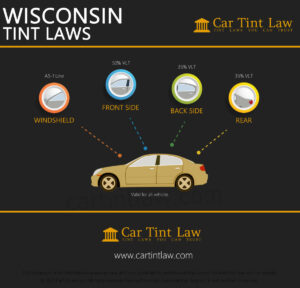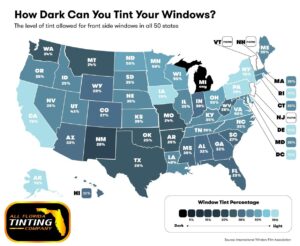As an Amazon Associate, I earn from qualifying purchases
Car tint laws in North Carolina can be confusing. Understanding them is important for every driver.
In North Carolina, car window tinting regulations are specific. These laws ensure driver safety and visibility on the road. Many people choose to tint their car windows for privacy or to reduce heat. But not following the law can result in fines.
Knowing the legal limits helps avoid trouble. This guide will explain the key points of NC tint laws. We’ll cover the allowed tint levels, exceptions, and penalties. By the end, you’ll know how to stay within the law and enjoy your tinted windows without worries. Let’s dive in and explore the details of North Carolina’s car tint laws.
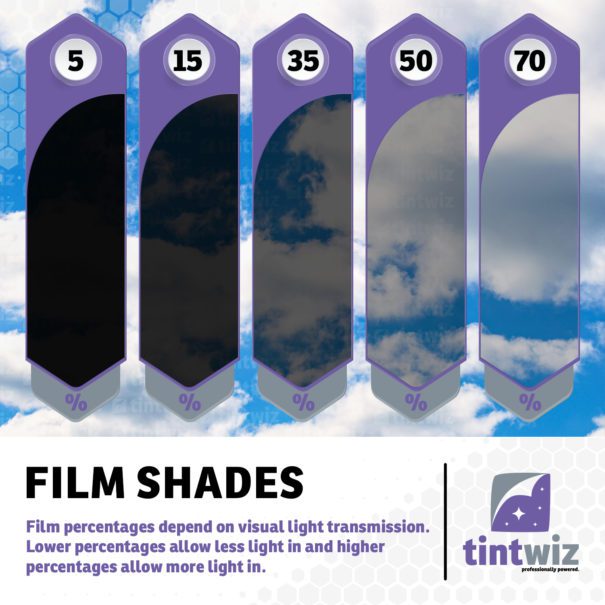
Credit: tintwiz.com
Introduction To Car Tint Laws In NC
Car tint laws in North Carolina (NC) ensure drivers’ and passengers’ safety. These laws regulate how dark or reflective the car windows can be. Understanding these laws helps avoid fines and keeps everyone safe.
Different states have unique tint laws. NC has specific rules for window tinting. The rules apply to all vehicles. Knowing these rules is essential for every car owner.
Purpose Of Tint Laws
Tint laws serve multiple purposes. They enhance visibility for drivers. Proper visibility reduces accidents. Tint laws also help law enforcement. Clear windows make it easier to see inside cars.
These laws protect against harmful UV rays. Tinted windows block UV rays, preventing skin damage. They also reduce glare from the sun. This helps drivers see better during bright days.
Importance Of Compliance
Following tint laws is crucial. Non-compliance can lead to fines. Repeated violations can increase penalties. Complying with tint laws also ensures safety. It helps avoid accidents caused by poor visibility.
Legal tints enhance the overall driving experience. Properly tinted windows provide comfort. They keep the car interior cooler. This is especially useful during hot summer days. Overall, compliance benefits everyone on the road.
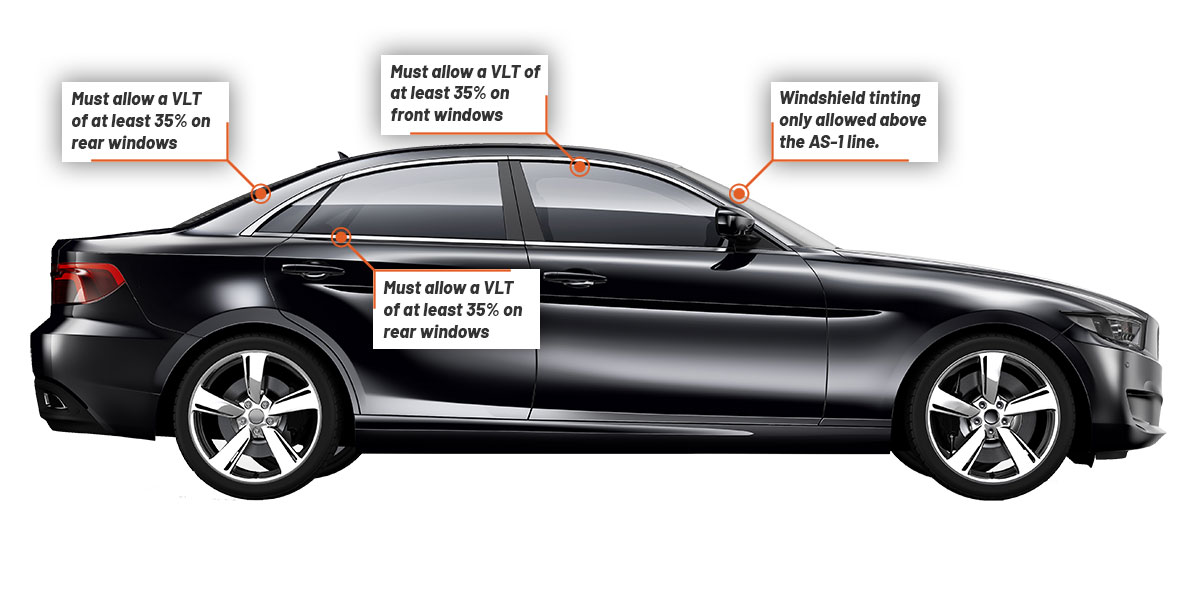
Credit: www.tntautoglassnc.com
Legal Tint Limits
Understanding the legal tint limits in North Carolina is crucial for all drivers. Tinted windows can reduce glare, provide privacy, and keep your car cool. Yet, it’s important to stay within the legal boundaries to avoid fines. This section will cover the legal tint limits for front and rear windows in North Carolina.
Front Windows
In North Carolina, the law states that the front windows must allow over 32% of light to pass through. This is known as the Visible Light Transmission (VLT) percentage. The rule applies to both the driver and front passenger windows.
For example:
- If your tint allows 35% of light, it is legal.
- If your tint allows 30% of light, it is not legal.
Law enforcement uses a device to measure the VLT percentage. It’s essential to ensure your front windows comply with this requirement to avoid penalties.
Rear Windows
The regulations for the rear windows are more lenient. North Carolina law allows for a lower VLT percentage on rear windows. This means you can have darker tints compared to the front windows.
Specifically:
- The rear side windows can also have a VLT of 32%.
- The back window can be tinted darker, but it must still comply with the overall vehicle requirements.
Having darker rear windows can enhance privacy and reduce sun exposure for passengers. Always ensure that the rear window tint does not interfere with visibility or safety.
Remember, adhering to these legal tint limits helps you stay compliant with state laws. It also ensures your driving experience remains safe and enjoyable.
Exemptions And Special Cases
Understanding car tint laws in North Carolina can be complex. This is especially true for exemptions and special cases. These exceptions are in place for certain conditions and vehicle types. Let’s explore these in detail to ensure clarity.
Medical Exemptions
North Carolina allows medical exemptions for car window tinting. This is for individuals with specific medical conditions. Conditions that require limited exposure to sunlight can qualify. A licensed physician must provide documentation for this exemption. The documentation must state the medical necessity of darker tints. This must be carried in the vehicle at all times.
Commercial Vehicles
Commercial vehicles have different tinting regulations. These vehicles often need to protect cargo from sunlight. As a result, they can have different tint levels than personal cars. The law provides these exemptions for practical reasons. It’s important to know these rules if you drive a commercial vehicle. Make sure your tint complies with the specific guidelines.
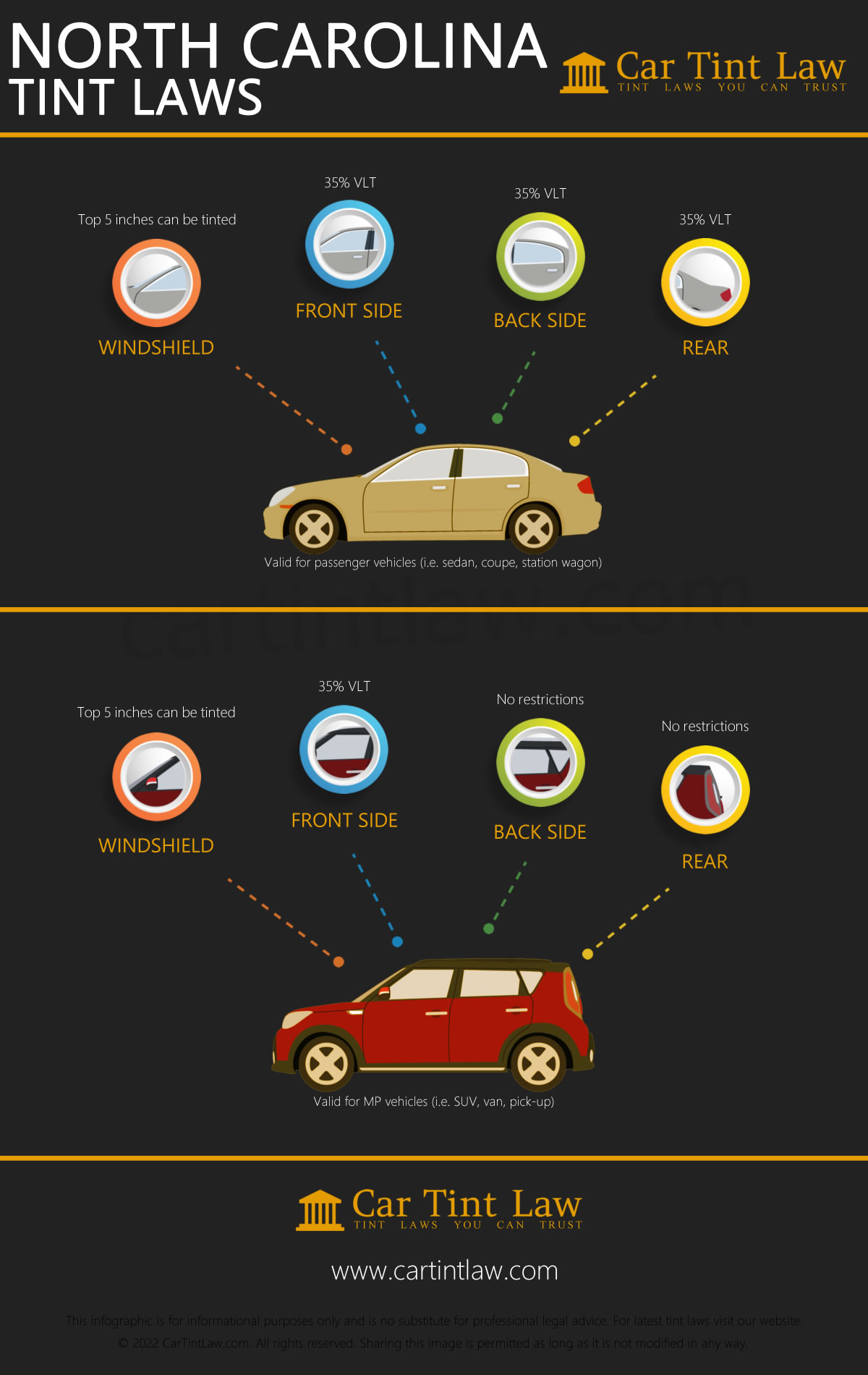
Credit: www.cartintlaw.com
Penalties For Non-compliance
Understanding the penalties for non-compliance with car tint laws in North Carolina is crucial. The state enforces strict regulations to ensure driver visibility and safety. Violations can lead to significant penalties, impacting both your wallet and your time.
Fines And Citations
Non-compliance with car tint laws can result in fines. The first offense might seem small, but repeated violations increase the penalty. Each citation adds points to your driving record. Accumulating points can raise your insurance rates. Staying within the legal limits helps avoid these costs.
Possible Court Appearances
Ignoring citations can lead to court appearances. Failing to address fines might result in a summons. Attending court takes time and may require legal assistance. This process can become expensive and stressful. Adhering to tint laws saves you from these hassles.
How To Measure Tint Darkness
Understanding how to measure tint darkness is important for car owners in North Carolina. The state has specific laws on how dark your car windows can be. Knowing how to check the tint darkness can save you from fines and help you stay within legal limits.
Using A Tint Meter
A tint meter is a device used to measure the darkness of your car windows. It works by shining a light through the window and measuring how much light passes through. This is called the VLT (Visible Light Transmission) percentage. To use a tint meter, clean your window first. Dirt or smudges can affect the reading. Place the meter on the window and follow the device instructions. It will show the VLT percentage. Compare this with North Carolina’s legal limits to see if your tint is compliant.
Professional Services
If you are unsure about using a tint meter, you can seek help from professionals. Tint shops and car service centers often provide tint measuring services. They use specialized tools to give accurate readings. Professionals can also offer advice on whether your tint needs adjustment. This option ensures your car windows meet North Carolina’s laws without guesswork. It can also save you time and effort.
Steps To Ensure Legal Tint
Ensuring your car tint is within North Carolina’s legal limits can seem challenging. Following these steps will help ensure your tint stays compliant. This guide covers choosing the right tint and professional installation.
Choosing The Right Tint
First, know the legal limits for tint darkness in North Carolina. The front side windows must allow more than 32% of light in. The backside windows and rear window can be darker. Be sure to check the specifics for your car type.
Next, consider the type of tint. Dyed, metalized, and ceramic tints all offer different benefits. Dyed tints are affordable. Metalized tints are durable. Ceramic tints provide great UV protection. Choose the one that meets your needs and stays legal.
Professional Installation
A professional installer ensures your tint meets legal standards. They have experience and tools to apply the tint correctly. Poor installation can lead to bubbles or peeling. This can make your tint non-compliant.
Ask for recommendations or read reviews to find a reputable installer. Verify they know North Carolina’s tint laws. You can even request a warranty. A good warranty can cover repairs if the tint fades or peels.
Professional installation saves time and ensures your tint looks great. It also helps you avoid fines for illegal tint.
Resources For More Information
Understanding Car Tint Laws in NC can be tricky. But there are many resources to help. This section provides links to key information. These will guide you through the legal requirements and services available.
Official NC DMV Guidelines
The North Carolina DMV is the best place to start. They have official guidelines on car window tinting. You can find details about:
- Legal tint percentages
- Exemptions for medical reasons
- Penalties for violations
Visit the NC DMV website for the latest rules.
Local Tinting Services
Local tinting services can also provide valuable information. They stay updated on the latest laws. Some trusted services in NC include:
- ABC Tinting Services
- Best Tint and Detail
- Car Tint Experts
These services offer professional installations. They ensure your car meets legal requirements. Contact them for more information and to schedule an appointment.
Frequently Asked Questions
What Are The Car Tint Laws In NC?
In North Carolina, the front side windows must allow over 35% of light in. Rear windows can have any darkness.
Can You Get Pulled Over For Tint In NC?
Yes, you can be pulled over if your window tint is too dark. It must comply with state laws.
Are Medical Exemptions Available For Tint Laws In NC?
Yes, North Carolina allows medical exemptions for window tint. You need a physician’s certification to qualify.
How Much Is The Fine For Illegal Tint In NC?
The fine for illegal window tinting in North Carolina can be up to $200. Additional court costs may apply.
Conclusion
Understanding car tint laws in NC helps you avoid fines and penalties. Always ensure your vehicle complies with the state’s regulations. This keeps you safe and your car legally tinted. Check local guidelines before making changes to your car’s tint.
Stay informed and drive confidently with the right knowledge. Remember, proper tinting enhances both safety and style.
As an Amazon Associate, I earn from qualifying purchases

